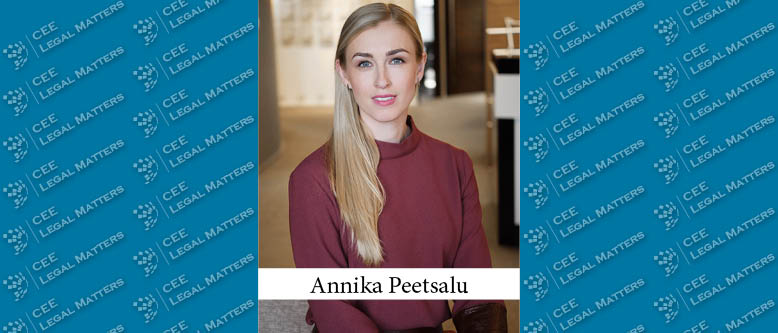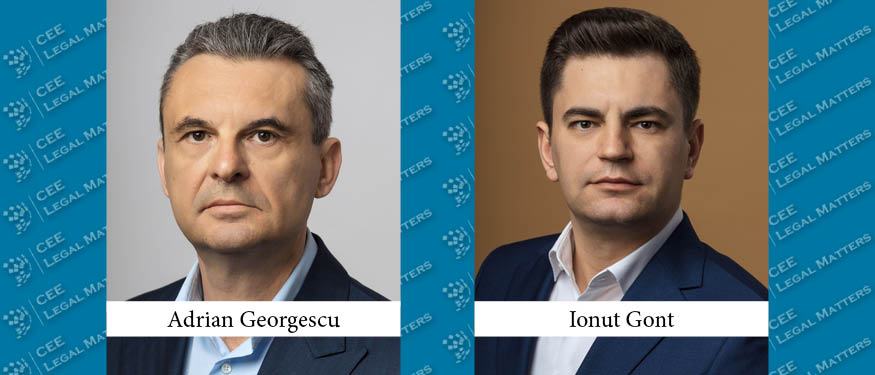Estonia's legal landscape in dispute resolution remains surprisingly stable amid economic turmoil, Cobalt Managing Associate Annika Peetsalu reports. Despite a surge in bankruptcies, particularly in the construction sector, the volume of legal disputes has not significantly increased.
"Surprisingly, the recession hasn’t significantly influenced the volume of legal disputes," Peetsalu begins. "We’re seeing a stable level of disputes, consistent with previous years. However, what has changed is the increase in bankruptcies, particularly in the construction sector," she explains. "Every week, we hear about another construction company either going under or looking to re-organize. We are also seeing a lot of very complex disputes, often involving multiple aspects such as shareholder agreements and the validity of shareholder decisions. Typically, in the beginning stages, these disputes are approached aggressively, but they often end in a compromise."
Tackling the preparedness levels of the courts to handle such caseloads, Peetsalu says that they are struggling. "Complex disputes, such as, for example, squeeze-out litigation proceedings, are particularly challenging for judges. While arbitration could be a beneficial alternative, it’s not widely used in Estonia." According to Peetsalu, "last year, there were only 11 cases in arbitration compared to 35,000 civil cases in courts. This is partly due to the limited reputation of our arbitration court and a general preference for traditional court proceedings. In contrast, other Nordic countries such as Finland see around 70% of disputes resolved through arbitration."
As for the legislative environment affecting these disputes, Peetsalu reports no major recent changes. "The legislative landscape is quite broad, and there haven’t been any major changes recently that would influence disputes significantly. However, we’ve noticed an increase in libel cases." As Peetsalu reports, "people are more willing to go to court if they feel defamed, which has made journalists more cautious about what they publish. Many media companies now have their content pre-screened by legal experts to avoid potential disputes."
In addition to these, Peetsalu also reports an interesting trend in the realm of inheritance law. "There’s been a noticeable shift toward planning and managing wealth, particularly as Estonia boasts the highest number of unicorns per capita. With more money at stake, inheritance and family law disputes have become more significant – people are keen to plan their estates and tax structures to prevent disputes," she explains. "While this isn’t directly related to ongoing disputes, it’s a preventative measure that reflects the growing wealth and sophistication of clients."
Finally, explaining how this setting impacts legal professionals, Peetsalu reports that 2023 was "slow for advisory work, but we’re seeing a gradual pickup. There’s an increase in M&A activity, and we’re receiving more requests to pitch for deals – banking and finance sectors are also getting busier." As she puts it, "initially, the economic uncertainty put off many foreign investors, but confidence is returning, and we’re seeing more opportunities as companies’ valuations adjust to the new economic realities." Indeed, looking ahead, Peetsalu says that she is optimistic. "While the courts are under pressure, there’s potential for arbitration to become more popular if its benefits are more widely recognized and the increasing activity in M&A and finance indicates a positive trend overall," she concludes.















